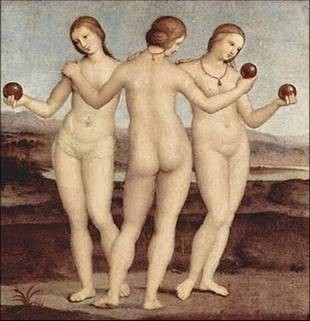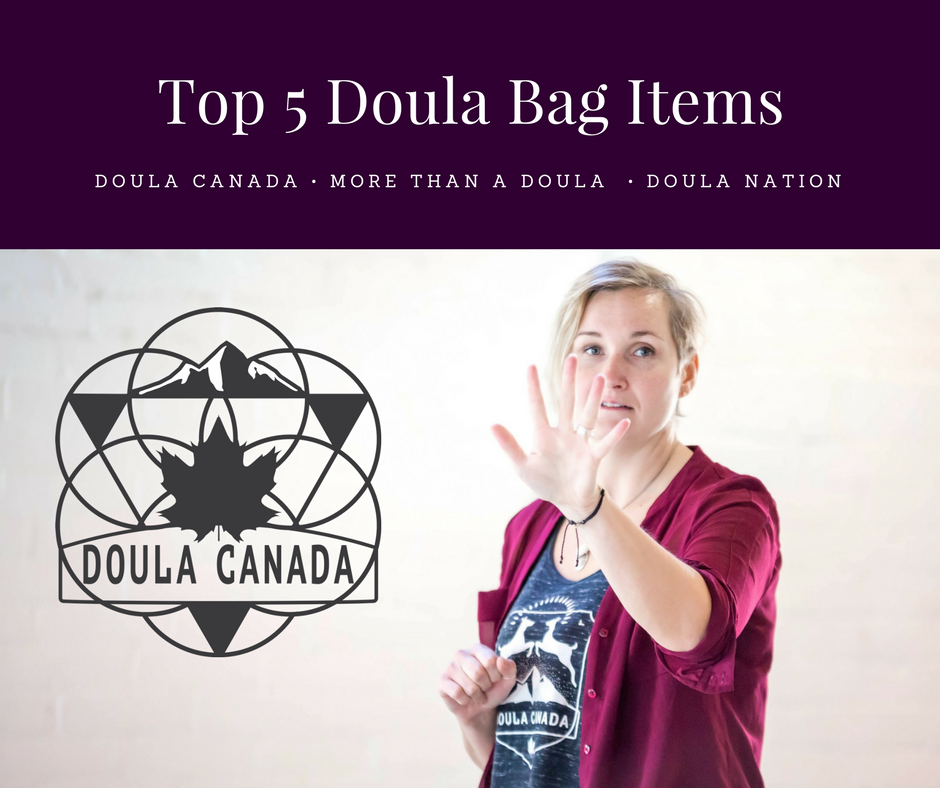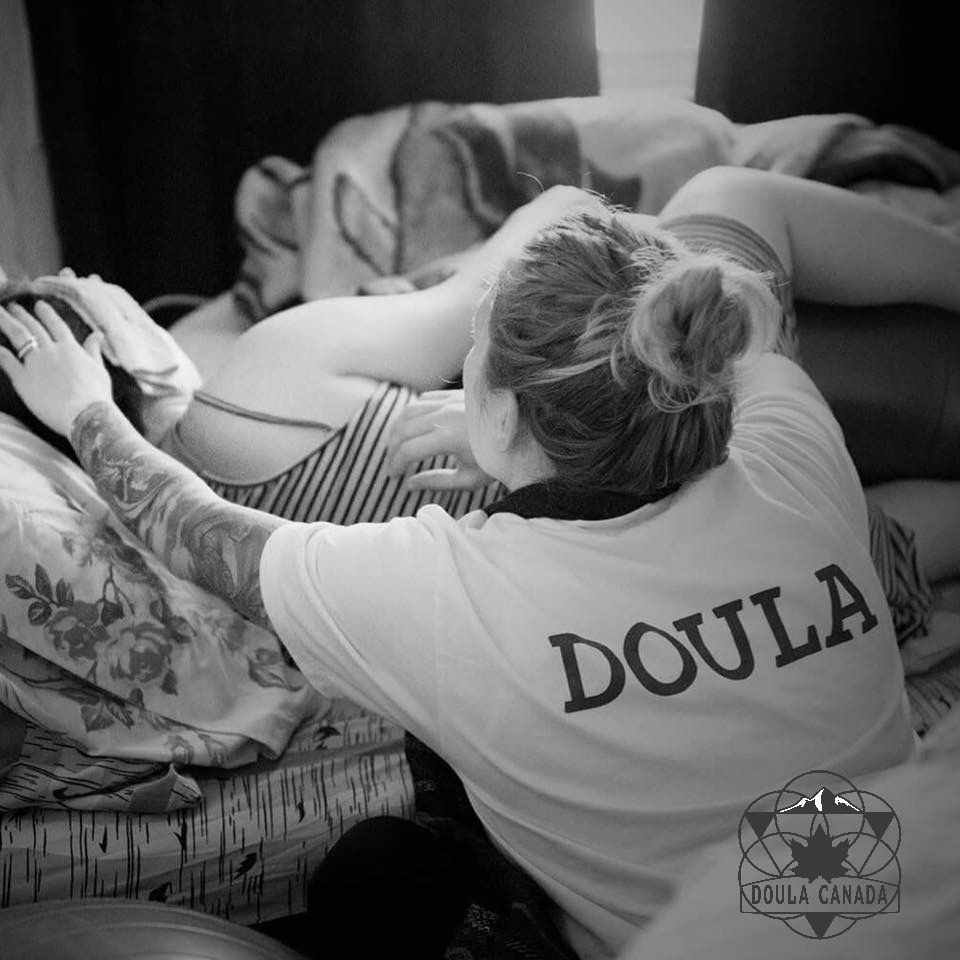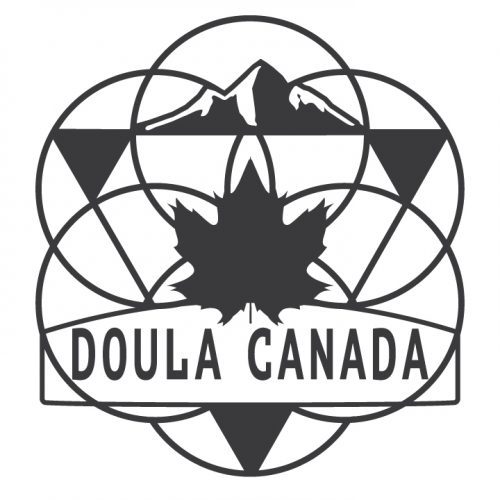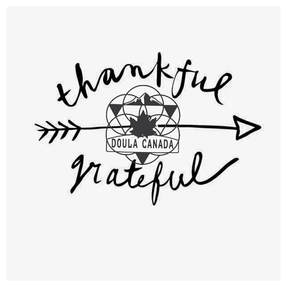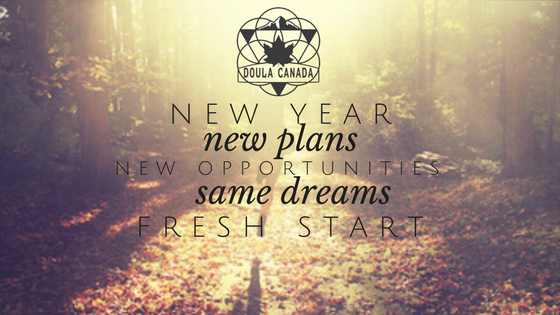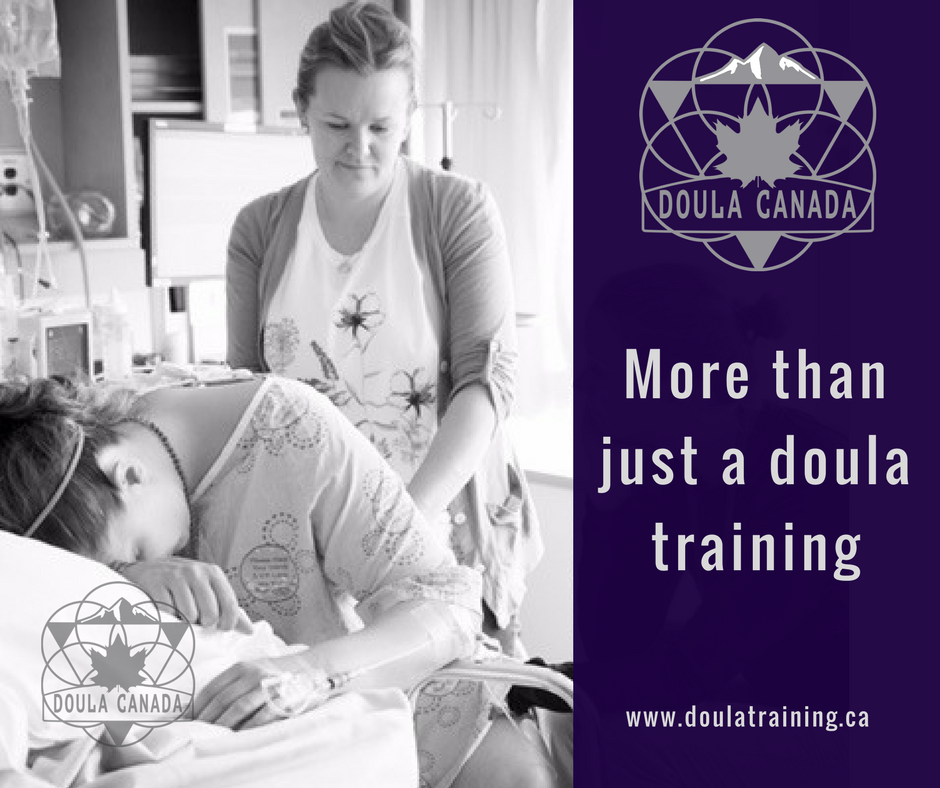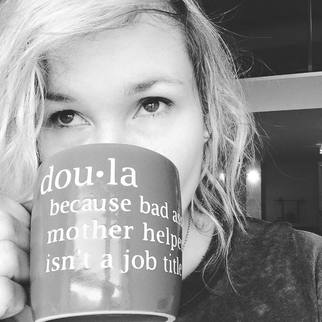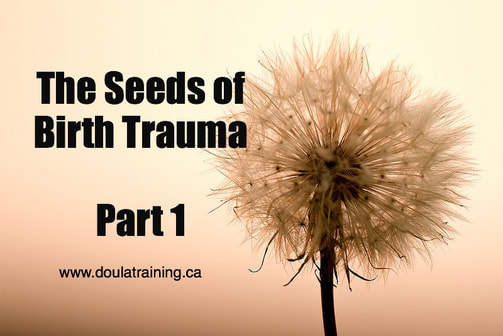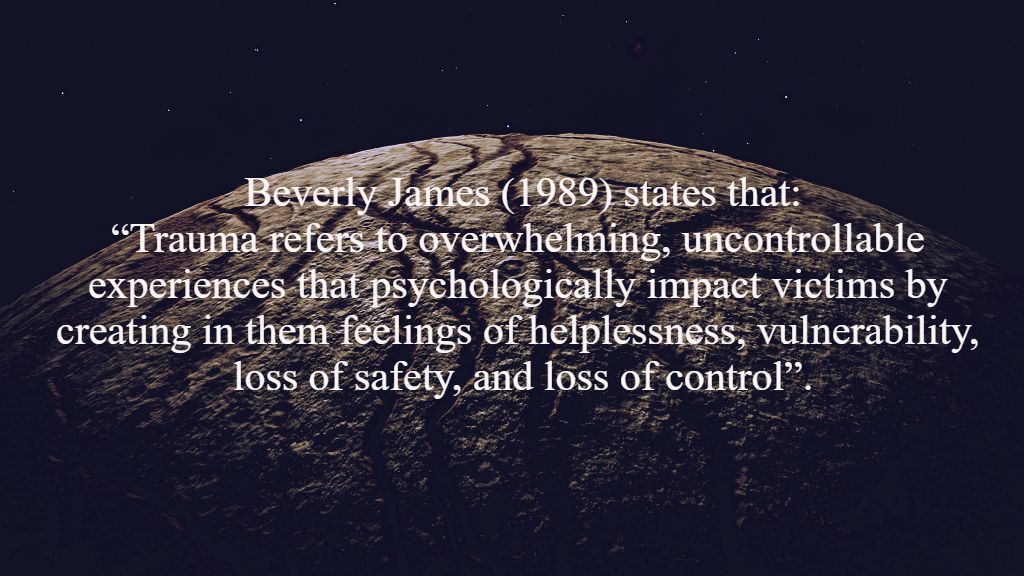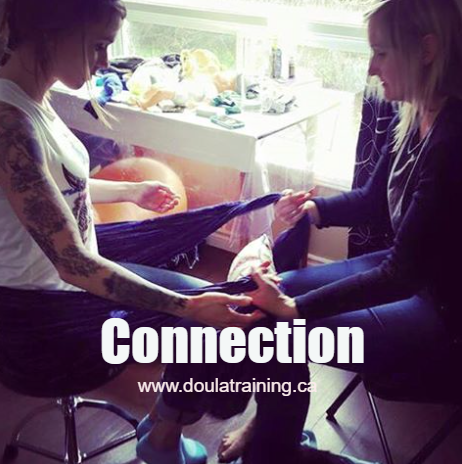Recently some Doula Canada members have had their hands full with comments or suggestions that “not all doulas are created equal.”
For many years Doula Canada has prided itself on our efforts to build a unique, and uniquely Canadian, doula training and membership for our International members. We haven’t felt the need to justify our curriculum or our presence to others because, well, “if you haven’t bought the book how do you know it wasn’t worth the read?”
However, as our #doulanation continues to run into the discourse about “what makes a good doula” we feel it is important to write our position on the “not all doulas are created equal” suggestions floating about (a-boot, just to clarify).
Here are 7 reasons why Doula Canada doulas and childbirth educators are NOT created equal:
- Super Selfhood: Our members come from diverse communities, have diverse backgrounds, and bring diverse expectations about what they would like to glean from their learning experience with Doula Canada. We respect this like WHOA! No cookie cutting happening over here. Pure unequal awesomeness happening!
- Equal ideas?….not happening! Our community often debates new policies, international perinatal experiences, and curriculum updates. This keeps us all on our toes, which is vibrant and exciting. Imagine a day where everyone agreed with you? BORING! *unless you have small children, then that would be a miracle!*
- Collaboration acclaimation: Our members are often the first to give praise where praise is due, and sometimes that means to Doula Canada, other members, or even those who are in direct competition with their business. Say what?! Our doulas are eager to partner with other perinatal workers, regardless of make or model. But praise can be unequal…. that does happen sometimes! *Insert the doula Jeep wave*
- No person left behind! Recently a member felt ostracized by the suggestion that “Doula Canada leaves their students to fend for themselves.” This is quite the fancy tale. Our team of administrators, instructors, provincial liaisons, and peer community are just a phone call, email, message, or coffee date away. But alas, not all members need our assistance in the same way, and this makes them unequal in their needs and wants. That’s ok too!
- Name that Doula. Some doulas love the history of our title, while others prefer “practitioner,” “support person,” or “badass new parent helper.” Whatever floats your doula/ CBE boat! Our titles do not have to be equal (or have all the same letters behind them), but they should have a strong foundation of community support, continued learning, and movement forward as a common professional voice. Those who are unequal in their alphabet ownership should not be seen as unequal for it, they were unequal to begin with… they were themselves!
- They make all the decisions themselves. Ack! Our members choose their books, their educational units, the clients they work with…. they “own” it. That makes them unequal for sure!
- They get the last word. Our doulas final assignment is a reflection paper about their journey. This helps Doula Canada to grow and to prosper from our communities feedback. Each reflection is personal and confessional. Totally unequal… but equally beautiful.
To claim that someone is unequal can be hurtful and questioning. However equivalency does not make you a better doula or childbirth educator. Distinctiveness and commitment makes you a good doula. Passion and purpose. Community and collaboration.
At Doula Canada we recognize our doulas are all operating and offering compassionate support at different stages, with different modalities, with different needs, and with different purpose.
At Doula Canada our purpose and intention is not to be equal….it is to be accepting.
If our doula training and organization is “not created equal” that’s perfect!
Doula Canada is unique
Our members are incredibly trained.
Our community is filled with passion and purpose.
*high fives all around*
~ Image: “The Three Graces,” circa 1503-1505, by Raphael. The three women in the painting may represent stages of development of woman, with the girded figure on the left representing the maiden (Chastitas) and the woman to the right maturity (Voluptas),though other interpretations have certainly been advanced. Each are unequal in their development and experiences, but equally beautiful and strong. In mythology the three figures have often been told to depict youth, mirth, and elegance.
